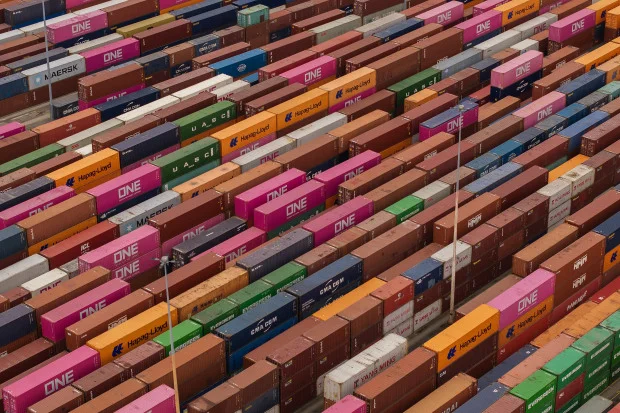
Will Trump Sign the UK Trade Deal? Inside the High-Stakes Negotiations
As the dust settles in the wake of America's sweeping trade policies, a pivotal moment looms for US-UK relations. Rachel Reeves, the UK’s Chancellor, recently arrived in Washington to negotiate terms that could reshape the landscape of transatlantic trade. However, the kicker? President Donald Trump’s unpredictable tariff policies shadow every decision, raising questions about whether an agreement is actually within reach.
Reeves’ visit comes against a backdrop of uncertainty, as officials report a prepared draft of a trade agreement awaiting the president's signature. "The draft text is there and it is ready to sign," shared a UK government source. Yet, the looming threat of Trump's tariffs on pharmaceuticals—one of the UK's key exports—could derail progress at any moment. This precarious situation epitomizes the delicate balance Reeves must navigate as she advocates for British interests while trying to foster economic stability and fairness.
Meeting with her US counterpart, Scott Bessent, also marks a significant development. Seen as a potential ally for trade negotiations within the Trump administration, Bessent's cooperation could prove crucial. Industry representatives have indicated a readiness to lobby the US administration heavily, shifting from negotiating terms to building pressure on the president himself.
Meanwhile, Vice-President JD Vance recently echoed optimism when he stated there’s a “good chance” for a US trade deal, highlighting the reciprocal relationships that the US has with the UK compared to other European nations. This sentiment was well-received in the UK, where business and trade minister Sarah Jones confirmed ongoing discussions. However, she notably avoided specifying a timeline, reflecting the cautious tone that underpins these negotiations amid global trading chaos.
While optimism pervades these discussions, the broader economic outlook remains dim. The International Monetary Fund recently downgraded the UK's growth forecast from 1.6% to just 1.1%. Chief economist Pierre-Olivier Gourinchas acknowledged that domestic issues, such as rising government borrowing costs and energy expenses, are significant contributors to this downturn, rather than solely attributing it to Trump’s tariffs.
This dichotomy raises pressing questions: Can Reeves effectively sway not only Trump but also influential economic stakeholders like the IMF to consider the broader implications of a new trade deal? As MPs prepare to debate proposed changes in the planning system this week, the implications of these debates extend well beyond domestic policy and into the heart of international commerce.
The stakes couldn't be higher as the UK seeks a foothold in the tumultuous waters of global trade, but one pivotal question remains: Will the unpredictability of the US administration ultimately hinder or help the UK's trade ambitions? As conversations unfold, we invite readers to share their thoughts: What do you think is the future of US-UK trade relations?